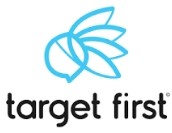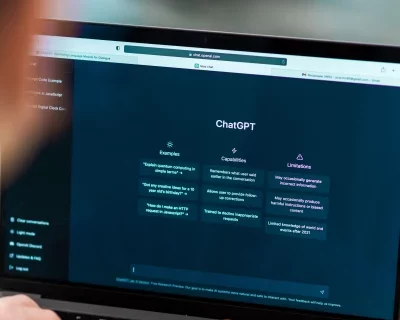Marketing 2023: End of third-party cookies

Marketing 2023: End of third-party cookies
On June 24, 2021, tech giant Google announced that it will phase out third-party cookies on Chrome by mid-2023. Third-party cookies will indeed be banned from the browser! For the AdTech industry, this extension should essentially allow them to take steps now to find permanent alternatives.
Make the most of the extra time
According to Google’s tentative timetable, the search engine will stop supporting third-party cookies on Chrome over a three-month period, from mid-2023 until the end of this year. The big players in digital advertising know that they shouldn’t wait until cookies are completely banned from the browser to explore new possibilities. The extra time should really be seen as an opportunity to give players time to identify and test new user targeting solutions.
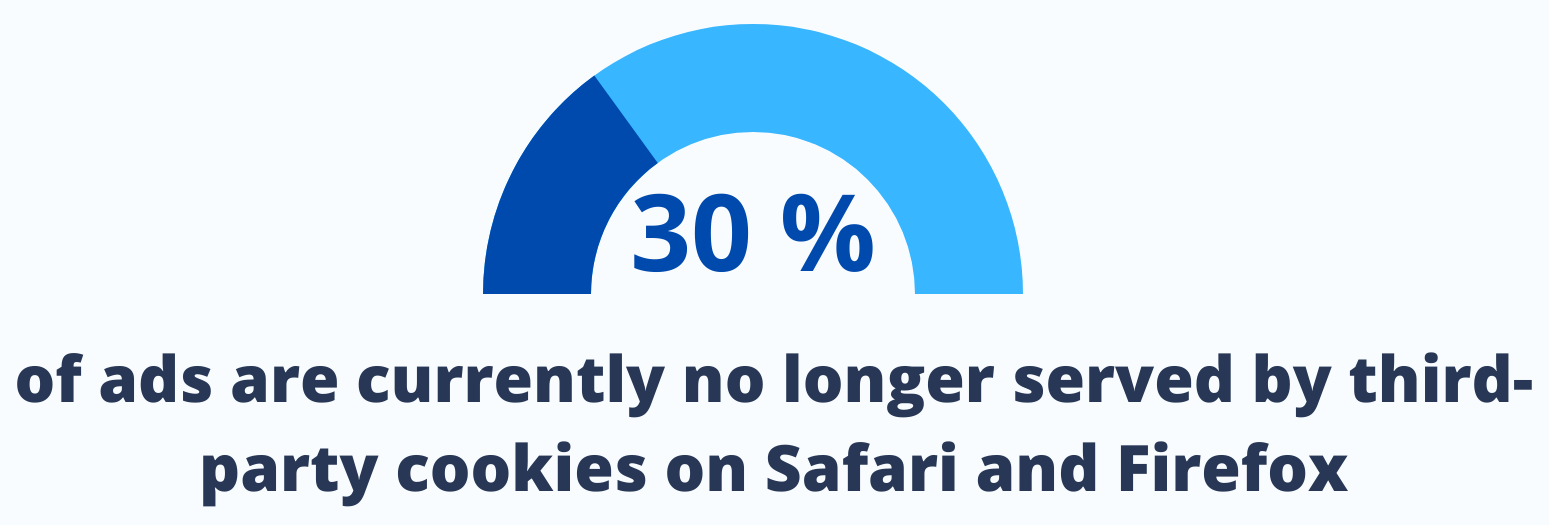
As we slowly enter the cookie-free era, we must not forget another difficulty already encountered by advertisers, which is the obligation to include a consent banner on their website.
Problems with the consent banner
The deadline for websites to comply with the new tracking regulations ended on March 31, 2021. This leaves advertisers with only two options. Option 1 is to apply the rules enacted by the European Union, i.e. the GDPR, to the letter by obtaining user consent. The direct consequence of this is that a large amount of traffic does not have consent information. Option 2 is to not comply with the regulation and not take into account the privacy of users, which exposes them to increasingly heavy fines. Since the RGPD came into force, non-compliant websites have already been fined a total of nearly €300 million.
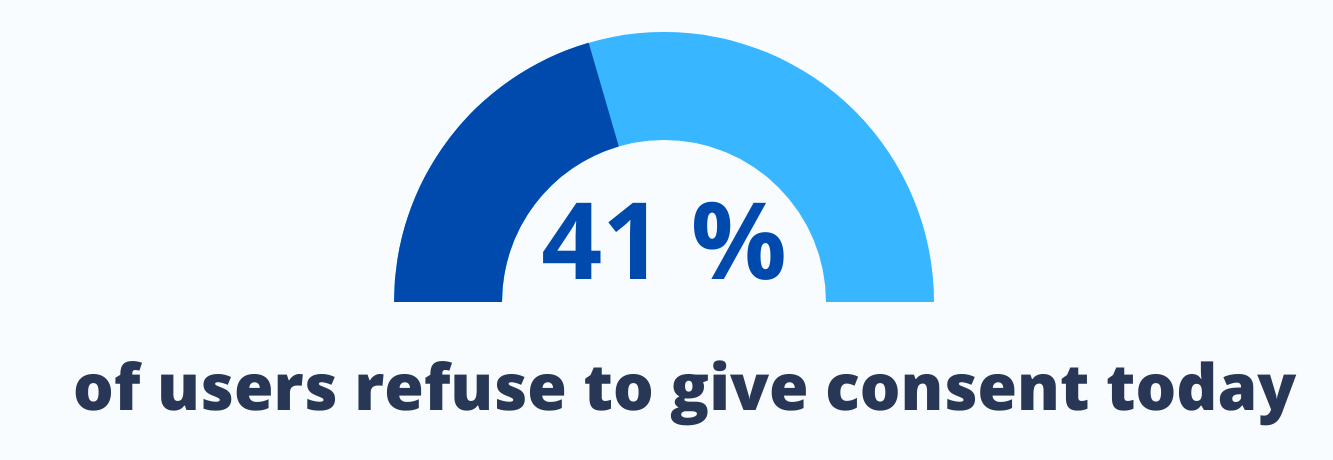
A new approach is urgently needed, because if this trend continues, the amount of targeted data and tracking capabilities of advertisers will drop by almost half. No user consent means no third-party cookies. Tracking and capping become impossible and tools for analyzing the performance of advertising campaigns become partially obsolete.
Alternatives to “GDPR compliant” cookies
As the regulatory framework evolves and third-party cookies and other trackers decline, advertisers are finding it difficult to continue reaching 100% of their audience. The challenge is both to find “GDPR-friendly” alternatives and to ensure that advertisers keep their investments in the open web. To do this, it is necessary to bypass the limits of user targeting by diversifying media strategies to integrate and rely on semantic data as an engine. Thus overcoming technological and legal constraints and reaching an otherwise unreachable audience. But these changes do not signal the end of targeted advertising.

Find all our customer relationship tools to boost your conversion rate !
